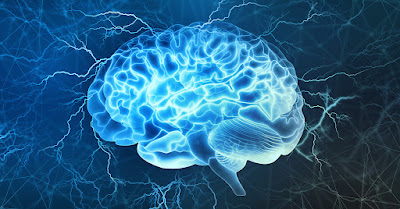What is Epilepsy?
Epilepsy is a central nervous system (neurological) disorder in which brain activity becomes abnormal, causing seizures or periods of unusual behavior, sensations and sometimes loss of awareness. Anyone can develop epilepsy. Epilepsy affects both males and females of all races, ethnic backgrounds and ages
In epilepsy the brain's electrical rhythms have a tendency to become imbalanced, resulting in recurrent seizures. In patients with seizures, the normal electrical pattern is disrupted by sudden and synchronized bursts of electrical energy that may briefly affect their consciousness, movements or sensations.
Epilepsy is usually diagnosed after a person has had at least two seizures that were not caused by some known medical condition, such as alcohol withdrawal or extremely low blood sugar.
If seizures arise from a specific area of the brain, then the initial symptoms of the seizure often reflect the functions of that area. The right half of the brain controls the left side of the body, and the left half of the brain controls the right side of the body. For example, if a seizure starts from the right side of the brain in the area that controls movement in the thumb, then the seizure may begin with jerking of the left thumb or hand.


